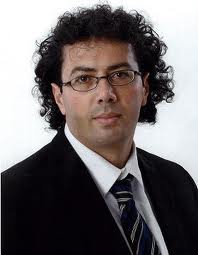 Ramzy Baroud
Ramzy Baroud -- World News Trust
Nov. 30, 2011 -- The so-called "Arab Spring" is creating an intellectual divide that threatens any sensible understanding of the turmoil engulfing several Arab countries.
While it is widely understood that revolutions endeavor to overthrow political structures and aim to change the social order and power paradigm within any given society, there is still no single, inclusive understanding of what actually constitutes a revolution. Nor is there any consensus as to exactly what a revolution is supposed to achieve.
An ordinary Egyptian is likely to determine his/her take on revolution from various angles: measurable economic advancement -- or lack thereof; the ability to voice an opinion without fear of censorship or retaliation; the right to participate in collective action, and influence the overall direction of his/her country.
A revolution can also delve into the realm of self-definition. Some Arab collectives have redefined themselves along religious, nationalistic or ideological lines -- by re-coloring a flag or rewording a national anthem -- in the hope that this would allow them to cement political change through a collective psychological departure from one era into another.
more
http://worldnewstrust.com/on-freedom-and-imperialism-arab-spring-and-the-intellectual-divide-ramzy-baroud.html